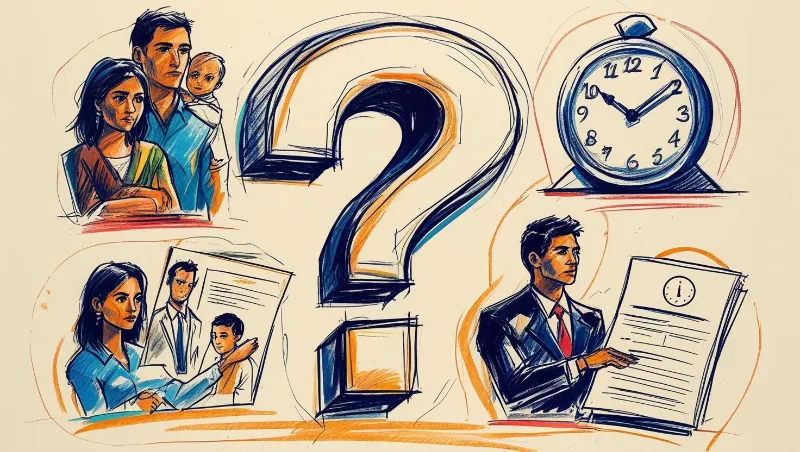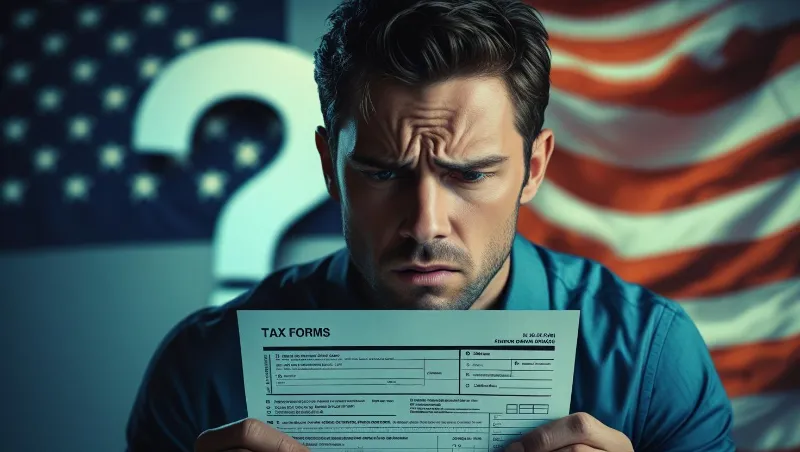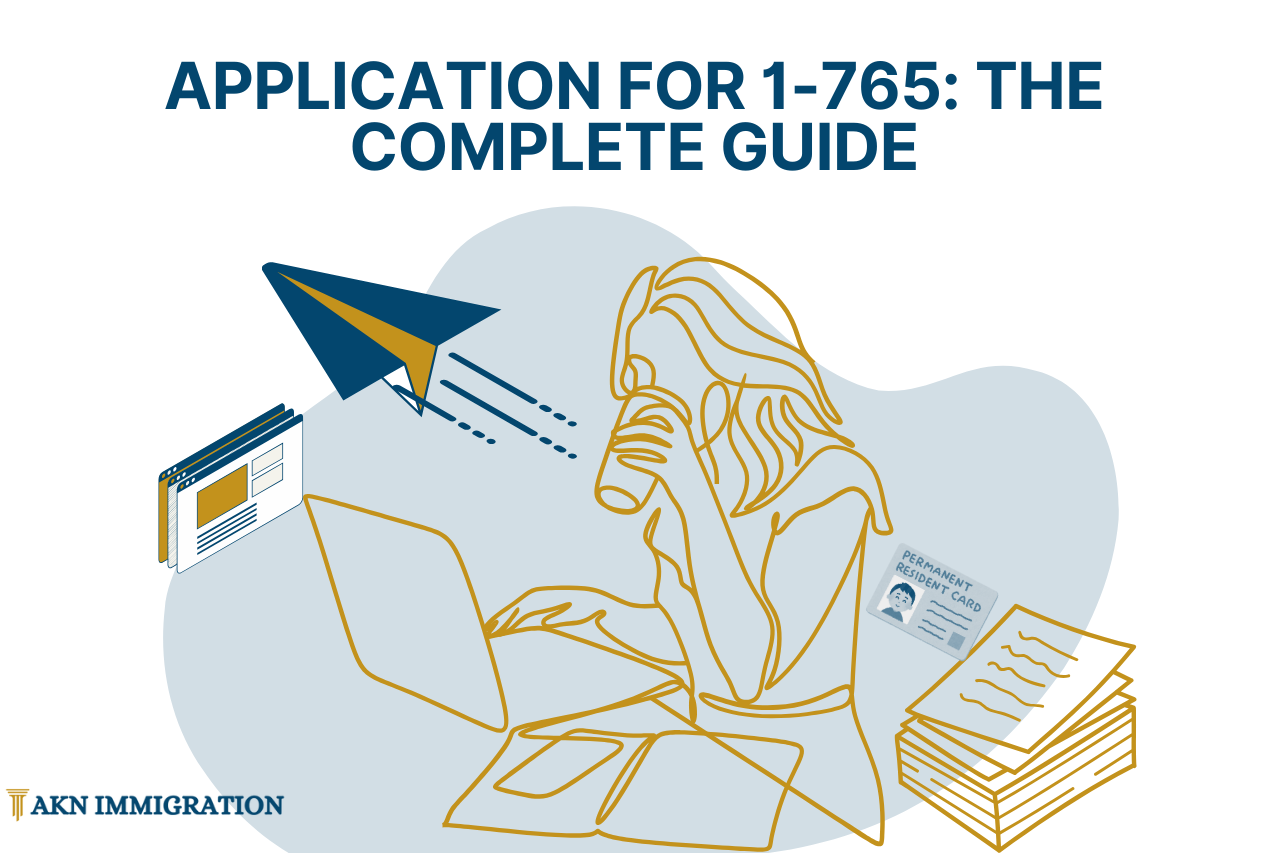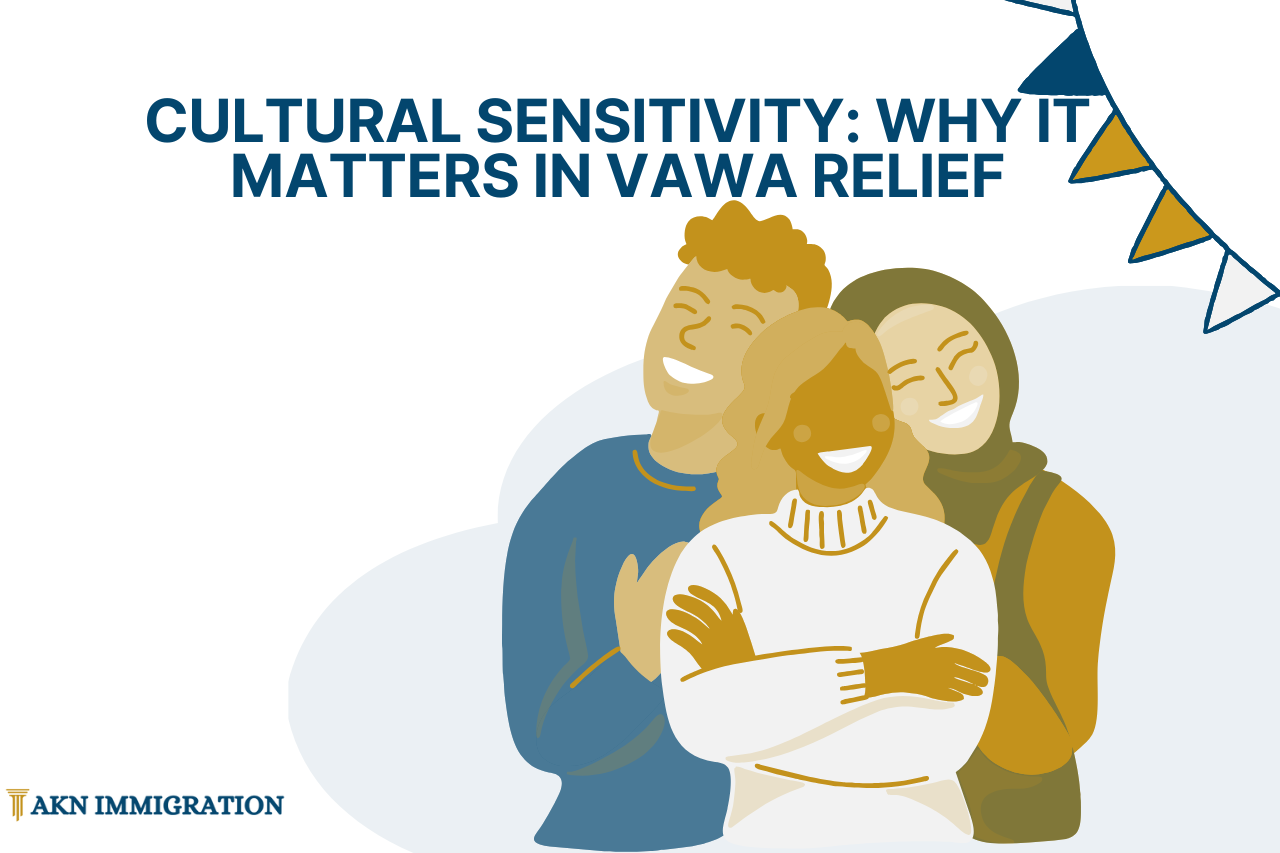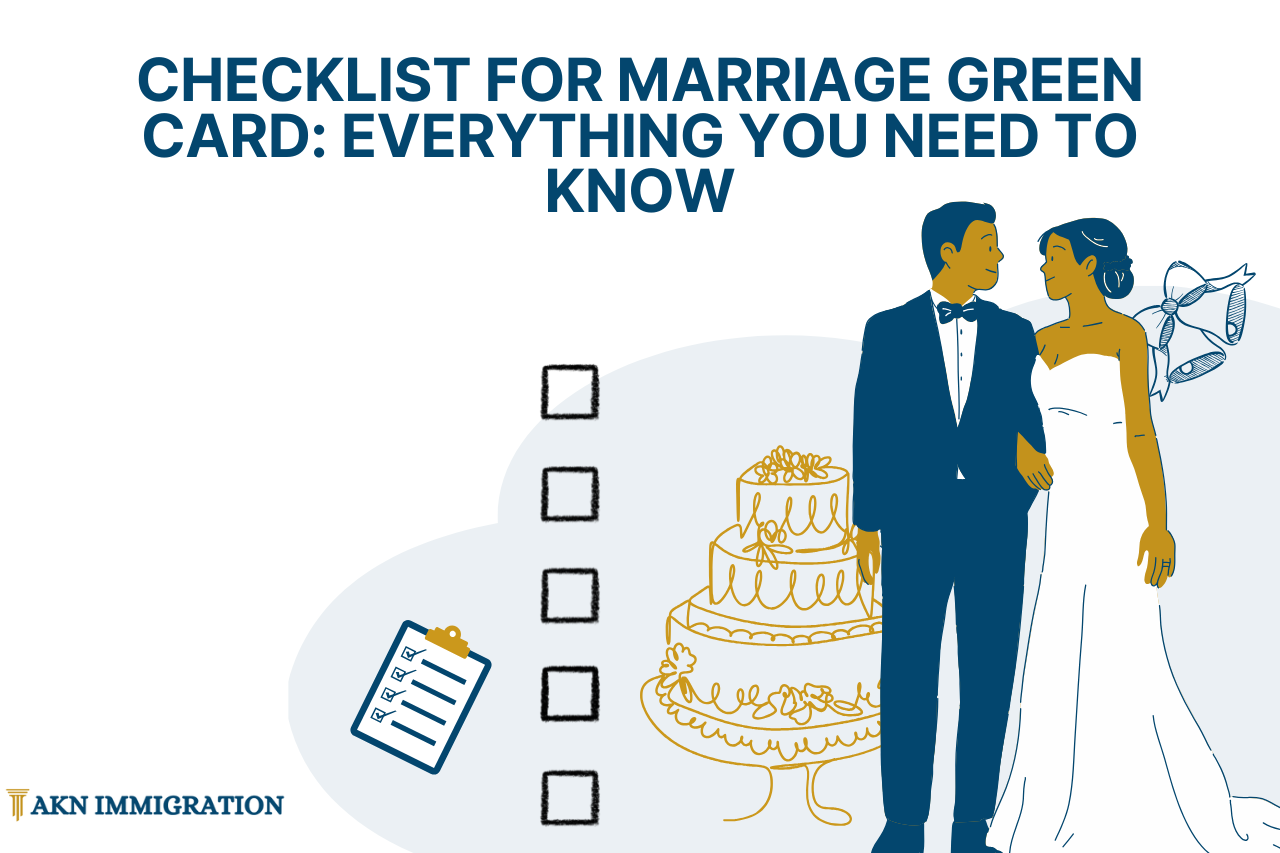Applying for a VAWA self-petition is a significant step toward seeking protection and justice for abuse survivors. However, this path has its obstacles and Challenges of VAWA Self Petition. Understanding potential stumbling blocks can empower you to approach the process more effectively. Let’s explore some common difficulties VAWA self-petition and how to overcome them. You can also find some helpful information on navigating the VAWA self-petition process here
Hello. I’m Aisha Nanyanzi, an immigration attorney who helps domestic violence victims secure their immigration status through VAWA petitions. I am passionate about advocating for survivors, especially children, and ensuring they have the legal support needed to navigate the complexities of VAWA and achieve safety and stability in the United States. If you or someone you know has experienced domestic violence and needs assistance with a VAWA petition for a child, Please reach out to me here
What Happens If I Fill Out the Wrong Forms for My VAWA Self-Petition?
The accuracy of paperwork in VAWA applications is paramount. Common obstacles VAWA self-petition include ensuring the correct completion and submission of forms.
Submitting incorrect forms can lead to outright rejection or denials, as each form serves a specific purpose containing unique information pertinent to the VAWA process. An error in this initial step can derail the entire application, emphasizing the need for careful review and adherence to USCIS guidelines.
Don’t forget that USCIS provides guidelines to help you complete the forms correctly. Click here to access them and streamline your application process.
What Happens If I Fill Out the Wrong Forms for My VAWA Self-Petition
Hiring a lawyer for a VAWA case is highly advisable. Given the intricate nature of immigration law, legal representation is crucial. A proficient attorney will navigate the complexities, ensuring meticulous completion and submission of every document within deadlines. Lawyers play a pivotal role in presenting a compelling case to USCIS, highlighting the nuances of the abuse and the applicant’s eligibility for relief under VAWA.
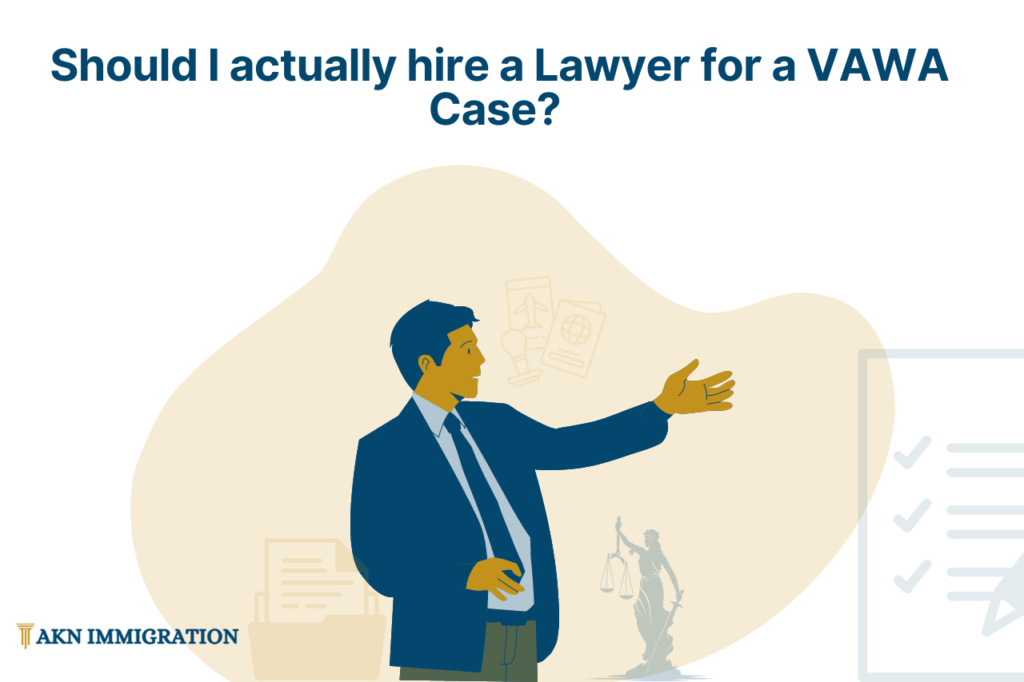
Can Mailing My VAWA Forms to the Wrong Address Affect My Application?
Yes, dispatching forms to an incorrect address can introduce significant delays or result in perceived non-submission.
Applicants must ensure they have the correct USCIS address to avoid such pitfalls. It’s also advisable to use certified mail or other secure delivery methods to track the documents’ progress and ensure their safe delivery to the intended recipient.
What Are Some Procedural Errors That Could Cause My VAWA to Be Denied?
Procedural errors encompass various mistakes, from missing deadlines, failing to sign and date forms, to providing insufficient evidence.
Each step carries weight, and missteps can lead to denial. Applicants must be vigilant and thorough in their approach to each procedural requirement.
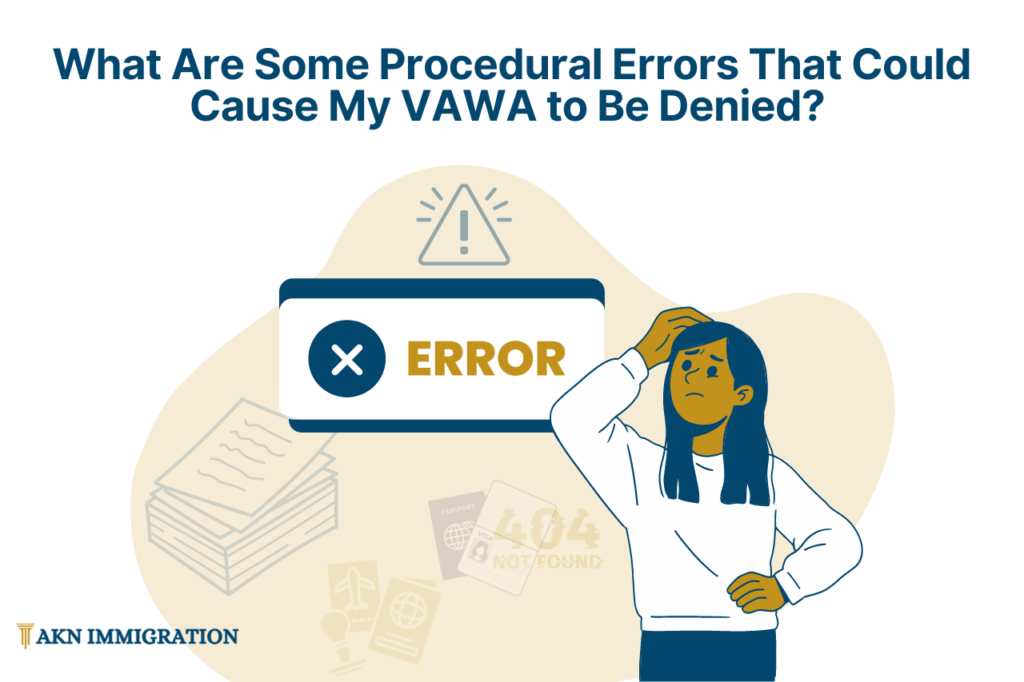
Does failing to provide evidence of a bona fide marriage lead to denial?
A bona fide marriage is foundational in I-360 VAWAself petitions. USCIS scrutinizes applications to ensure legitimacy, and applicants need to present convincing evidence, such as shared financial documents, affidavits, and more. A lack of such evidence can be a significant factor in denial.
How Does Not Meeting Good Moral Character Requirements Affect My Case?
Applicants must meet the ‘good moral character’ criterion, assessed through conduct and history. Certain behaviors can disqualify an applicant, making it essential to disclose all relevant information and provide mitigating evidence.
Will missing appointments and deadlines affect my VAWA application?
Yes, adherence to USCIS schedules is crucial. Missing appointments or failing to respond to requests promptly can jeopardize the application’s success and lead to denial.
Responding promptly to USCIS requests demonstrates your commitment to the application process and can positively influence the adjudication of your case.
How Can Hiring Non-Attorneys or Unqualified Attorneys Lead to Denial?
Expertise is critical in guiding applicants through the VAWA process. Engaging non-attorneys or attorneys lacking specialization in immigration law can result in critical errors, emphasizing the importance of qualified legal counsel.
By entrusting your VAWA application to experienced professionals, you can minimize the risk of critical errors and increase your chances of a successful outcome.
Embarking on the journey of applying for a VAWA self-petition is a significant step toward seeking protection and justice for survivors of abuse.
However, this path has challenges, and understanding the common pitfalls can be crucial to successfully navigating the process.

